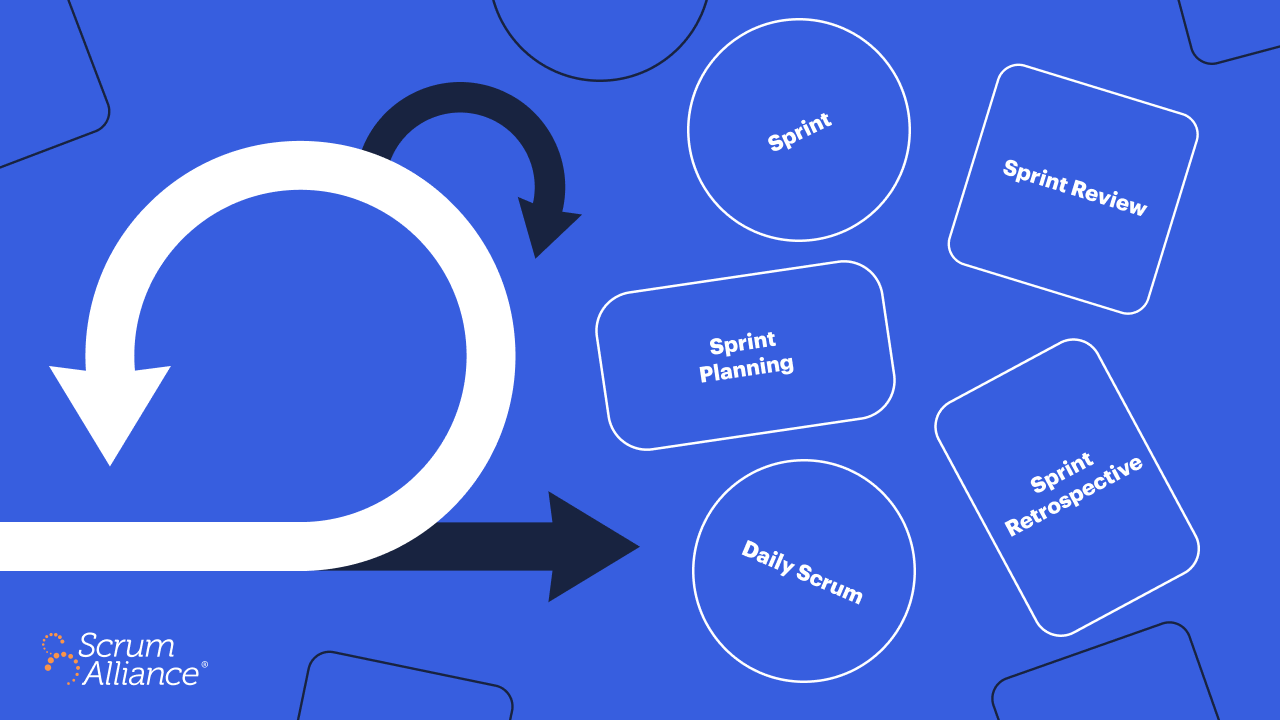Learn about purchasing for teams
Certifications for Scrum Team Developers
Level up your skills in agile product development and stand out in the crowd of job candidates through our comprehensive certification path.
Scrum Developer Track
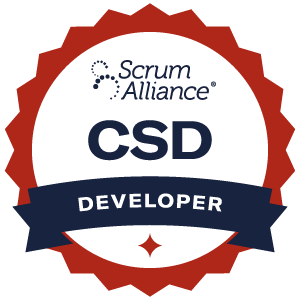
Prerequisite: None
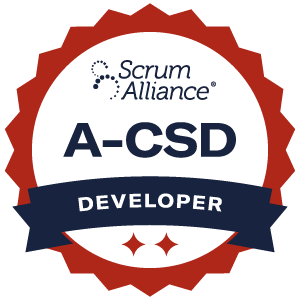
Prerequisite: CSD
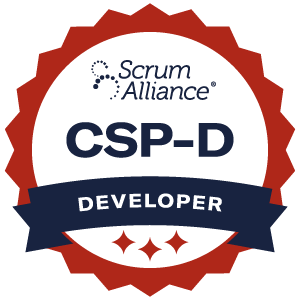
Prerequisite: A-CSD
Who should get a scrum developer certification?
Designed for product developers in a scrum environment, this certification track helps you become a better agile developer and increases your competitiveness as a job candidate. Certain certification courses are geared toward technical roles, while others are appropriate for scrum team members in all professions. Check the course listings to find a class that's right for you!
Refine your scrum know-how, learn advanced development techniques, and improve product quality for frequent delivery.
Learn how to design flexible architectures that can evolve with changing requirements without major disruptions.
Recognize the value of scrum in promoting technical excellence and support the adoption of agile engineering practices.
Hone your ability to use the scrum framework in designing, developing, and testing computer components.
Collaborate with scrum teams to align database changes with product goals. Manage databases within iterative development cycles.
Understand scrum's impact on requirements gathering and how to work with developers to refine user stories.
See how developers on a scrum team deliver better customer results and adapt to changes quickly with iterative and incremental progress.
Advance your career with agile skills, today.
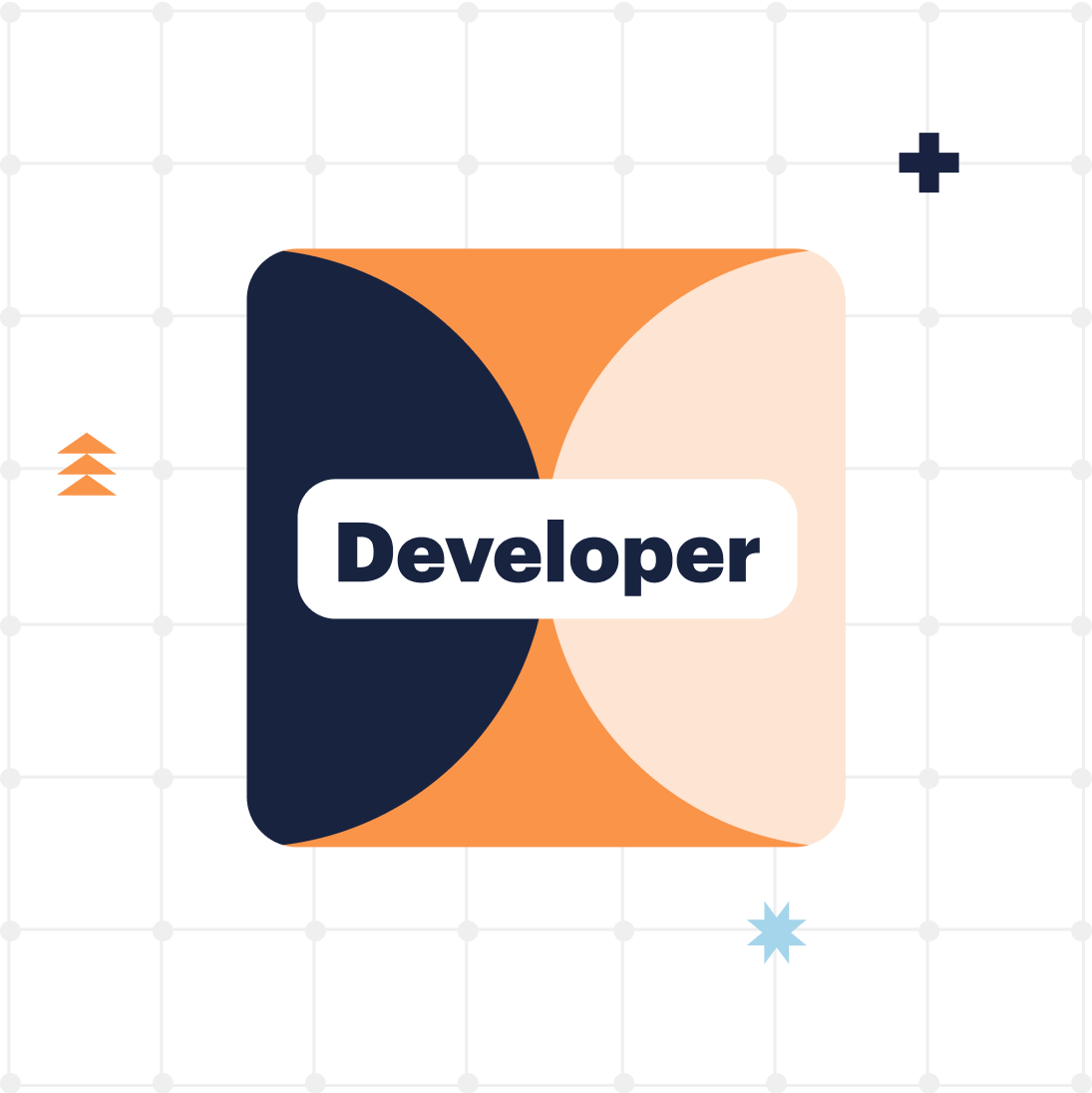
Is getting a scrum team developer certification worth it?
This certification track offers comprehensive training on the practical and technical skills needed to create products in an agile environment. As you progress to the advanced and professional levels, you'll deepen your understanding of scrum, which is commonly used by development teams everywhere.

What will I learn?
Understand scrum, hone technical skills, and explore advanced tools and techniques that enable teams to iterate to achieve higher quality.
How do I get a scrum developer certification?

Search courses taught by a global network of leaders in agile and scrum.
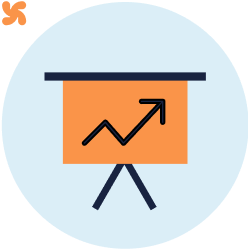
Attend training and complete the coursework led by a Scrum Alliance-approved instructor.
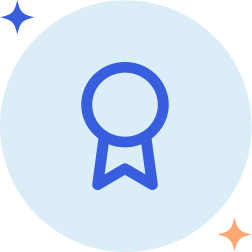
Accept your license and then the certification will be added to your member profile.
Advance your career with scrum developer certifications

Prerequisite: None (basic programming or hardware skills required for certain class listings)

Prerequisite: CSD

Prerequisite: A-CSD

Why Scrum Alliance?
Trusted by professionals at leading brands







Unmatched quality and scale
Relevant resources
Frequently asked questions
The cost varies by course and provider. You can see and compare the cost of classes when you view the details in the course search listing.
The foundational Certified Scrum Developer course has no prerequisites (certain CSD courses may require technical knowledge—such as basic programming or hardware competency. Check individual course listings to see if any background knowledge is required).
CSD is the prerequisite for A-CSD, as well as at least 12 months of validated experience working as a scrum developer. To receive a CSP-D, you must complete the course, hold an A-CSD as a prerequisite, and validate at least 24 months of experience working as a scrum developer.
On a scrum team, the developers are accountable for creating and building the deliverables. A Certified Scrum Developer has demonstrated expertise with the scrum framework and the ability to build products in an iterative and incremental way.
Most CSD courses are best suited to people who want to become effective software developers in a scrum team. If you do not have a technical background, we recommend browsing the CSD class descriptions in the Scrum Alliance course search to find a trainer and class designed for a broader audience that includes non-technical professions.
Yes! Anyone interested in improving their ability to work in a scrum team as an agile software developer should consider the CSD course. You may be working in a non-scrum environment, looking for your next role, or interested in introducing scrum to your current workplace. Working in a scrum team is not a course requirement. The A-CSD and CSP-D do require previous experience working as a scrum developer.



